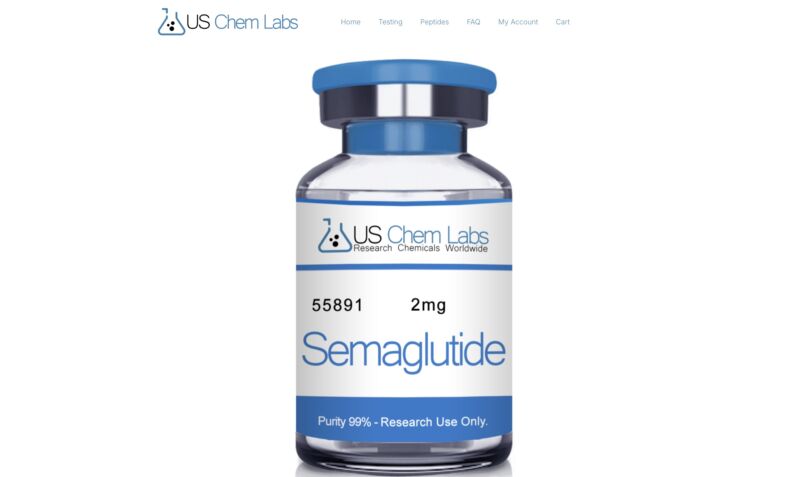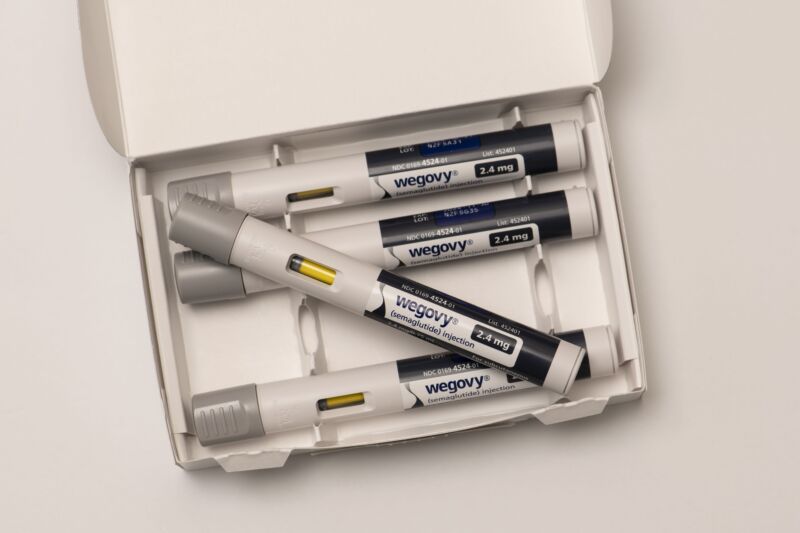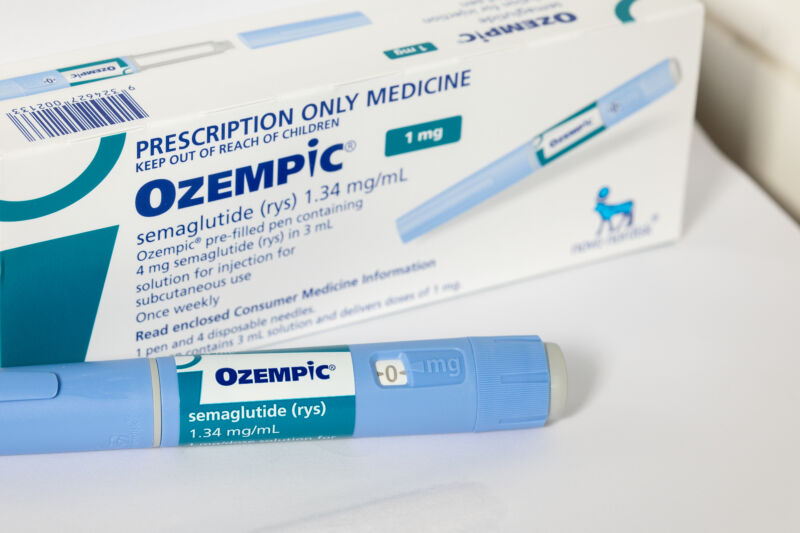Drugmakers can keep making off-brand weight-loss drugs as FDA backpedals
Facing a lawsuit, the Food and Drug Administration has decided to reconsider its decision to take popular weight-loss and diabetes drugs off of the national shortage list, which will allow compounding pharmacies to continue selling cheaper copycat versions—at least for now.
A trade organization representing compounding pharmacies sued the agency last week over its October 2 announcement that there was no longer a shortage of tirzepatide drugs, branded as Mounjaro for diabetes and Zepbound for weight loss. The products, members of the extremely popular and effective class of GLP-1 drugs, had been on the shortage list since December 2022.
Being on the list meant that compounding pharmacies were legally allowed to make "essentially copies" of the products; the only time these pharmacies—also called outsourcing facilities—can make imitation versions of approved drugs, such as tirzepatide, is when the products appear on the shortage list. So, with the FDA's announcement, compounders were immediately barred from making any more of the lucrative drugs and had 60 days to fulfill existing orders.
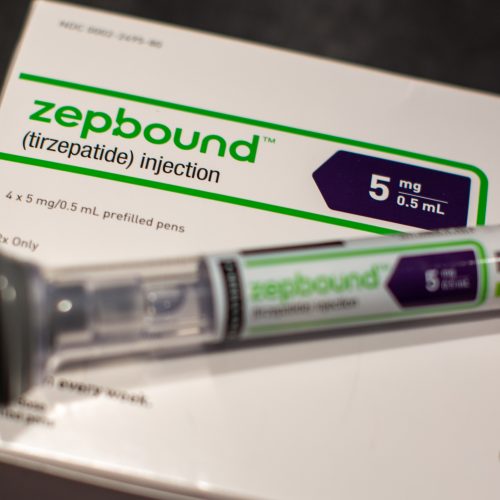
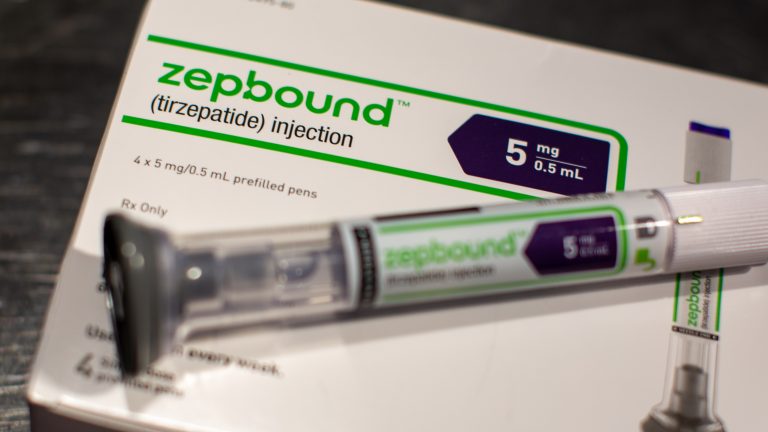
© Getty | helby Knowles
